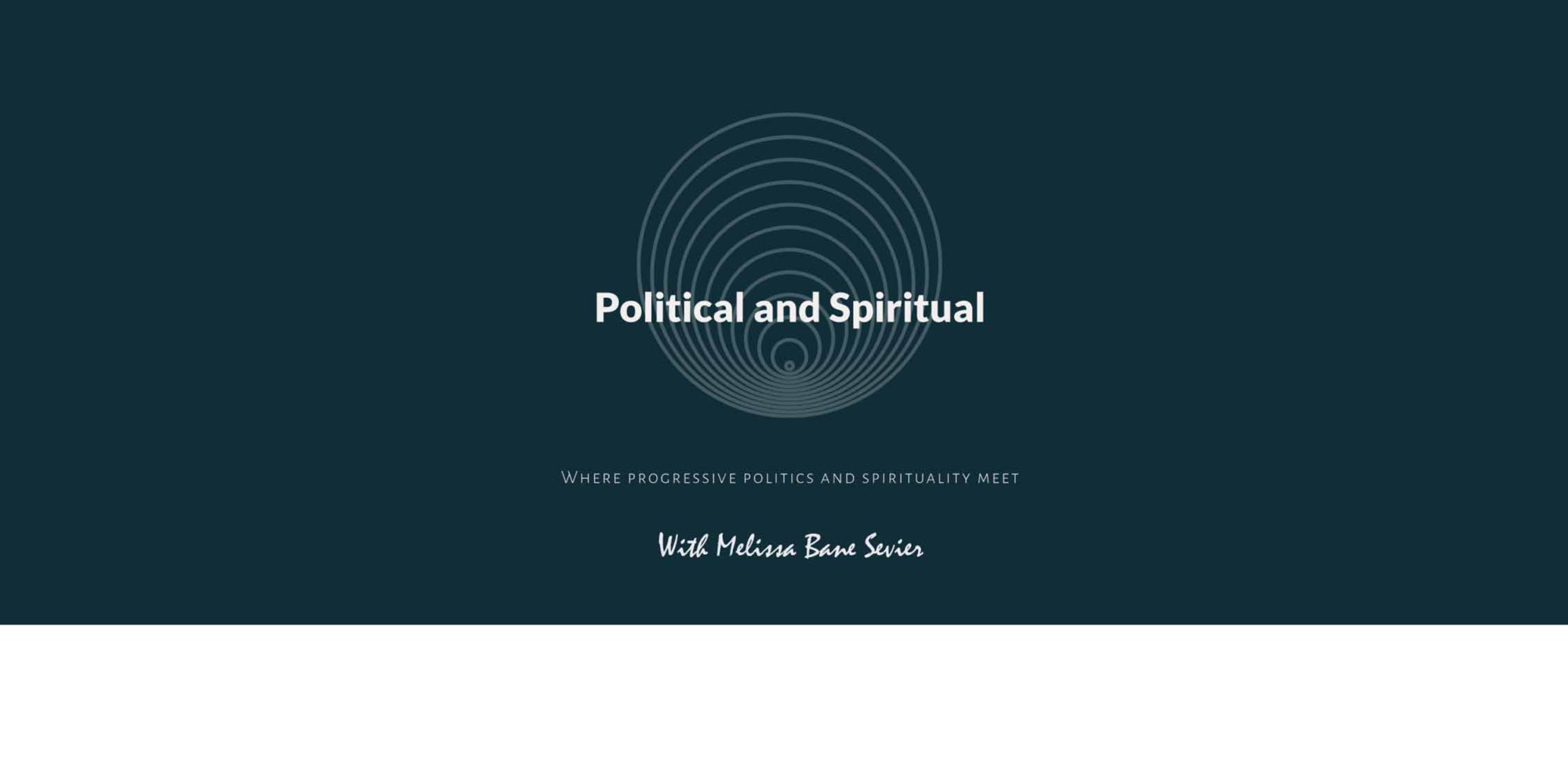Last week, President Trump made news by using the word lynching in a tweet to describe how he feels about the impeachment inquiry:
So some day, if a Democrat becomes President and Republicans win the House, even by a tiny margin, they can impeach the president, without due process or fairness or any legal rights. All Republicans must remember what they are witnessing here — a lynching. But we will WIN!
After the President received some pushback over using that term, Senator Lindsey Graham (R-SC) chimed in by saying:
Yes, this is a lynching and in every sense this is un-American. I’ve never seen a situation in my lifetime as a lawyer where someone is accused of a major misconduct and cannot confront the accuser or call witnesses on their behalf.
Then, Democratic presidential candidate Joe Biden condemned Trump’s use of the word. Within a few hours, a video began circulating of Biden saying this about President Clinton’s impeachment in 1998:
Even if the president should be impeached, history is going to question whether or not this was just a partisan lynching or whether or not it was something that in fact met the standard — the very high bar that was set by the Founders as to what constituted an impeachable offense.
Biden has apologized. Is an apology enough? I don’t know. It’s certainly better than not apologizing. It’s also worth noting that these are three wealthy white male politicians who didn’t blink at using a word that conjures up a horrific history that affected a huge minority of Americans.
Here are the lyrics and a recording of “Strange Fruit,” written by Abel Meeropol and first recorded by Billie Holiday in 1939, while lynchings were still being committed in the United States.
Southern trees bear a strange fruit
Blood on the leaves and blood at the root
Black bodies swinging in the southern breeze
Strange fruit hanging from the poplar treesPastoral scene of the gallant South
The bulging eyes and the twisted mouth
Scent of magnolia, sweet and fresh
Then the sudden smell of burning fleshHere is a fruit for the crows to pluck
For the rain to gather, for the wind to suck
For the sun to rot, for the tree to drop
Here is a strange and bitter crop
If you don’t get the horror of that part of our nation’s racially motivated terrorism, you should be required to visit the National Memorial for Peace and Justice in Montgomery, Alabama.
As the memorial’s website states, More than 4400 African American men, women, and children were hanged, burned alive, shot, drowned, and beaten to death by white mobs between 1877 and 1950. Millions more fled the South as refugees from racial terrorism, profoundly impacting the entire nation. Until now, there has been no national memorial acknowledging the victims of racial terror lynchings. On a six-acre site atop a rise overlooking Montgomery, the national lynching memorial is a sacred space for truth-telling and reflection about racial terror in America and its legacy.
Truth-telling. Reflection. Racial terror. Refugees. Murder.
Sacred space.
Lynchings were celebrated by entire white communities, while African Americans fled or lived in fear, as whites intended. This is the dark history that is part of America’s history and heritage. Using that history as metaphor to describe a legal process—a process that includes no physical threat—demeans the terror and panic experienced by an entire population of targeted Americans.
As a writer, I’m always looking for powerful metaphors. But I’m also aware that certain metaphors are inappropriate or out-of-bounds because of what they conjure. I remember my embarrassment and shame as a young pastor joking about how something “nearly gave me a heart attack” while speaking to a woman who’d just lost her spouse to cardiac arrest. I apologized, but the hurt of my use of that particular metaphor couldn’t be retracted.
Using lynching as metaphor is outrageous. Pretending to be a victim in the same way that people were real victims of violence, assault, murder, and terror is wrong. The only appropriate way to recall the terror of lynchings is through a memorial like the one mentioned above. We honor victims through a sacred space. We give dignity to their memory by vowing that we will never allow that part of our history to be repeated. And we should never use their experiences to exaggerate our own.
Words matter. They matter especially when elected leaders use them flippantly in ways that harm entire groups of people. Disrespect is not a responsible way to lead.
Words matter. Sometimes there is a word that needs sacred space around it.

© Melissa Bane Sevier, 2019

